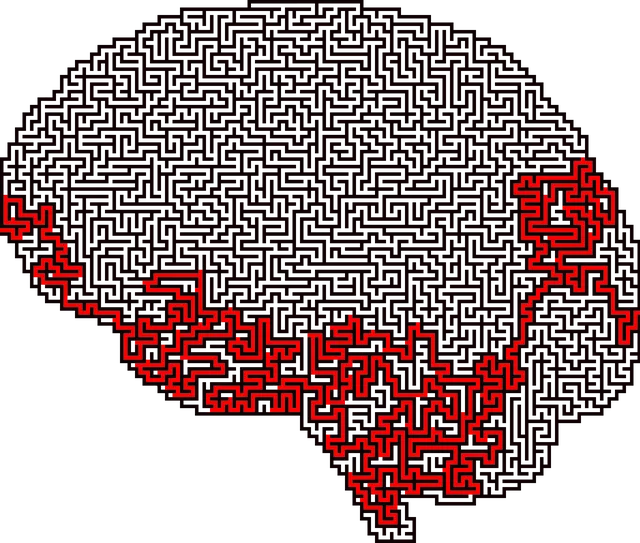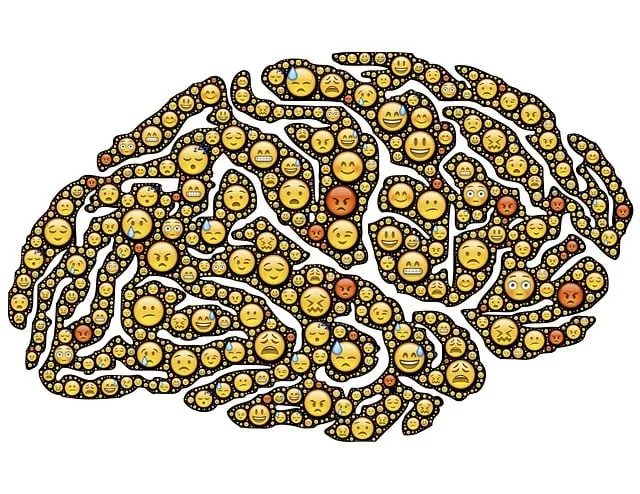Cultural competency in healthcare, crucial for today's diverse society, ensures medical professionals communicate effectively and provide tailored care to patients from various cultural backgrounds. Unconscious biases can lead to disparities, as shown by studies at Greenwood Village Kaiser Permanente (GVKP), which offers training like Inner Strength Development to combat this. Interactive workshops and role-play scenarios are key strategies, empowering providers with resources for emotional regulation and fostering inclusive environments where every patient feels heard and respected. GVKP's commitment to inclusivity through their accessible psychiatry phone number has led to improved mental health outcomes and stronger patient-provider connections, transforming services for underrepresented communities.
Cultural competency in healthcare is essential for providing quality, equitable care. It involves understanding and respecting diverse cultural backgrounds, beliefs, and values among patients and communities. This article explores why cultural competency matters, delves into the impact of unconscious biases on patient interactions, and highlights effective training programs for healthcare providers.
We showcase successful initiatives at Greenwood Village Kaiser Permanente psychiatry phone number, demonstrating improved outcomes through cultural sensitivity. Additionally, we discuss strategies to enhance mental health services, ensuring a more inclusive and compassionate healthcare system.
- Understanding Cultural Competency in Healthcare: Why It Matters
- The Impact of Cultural Biases on Patient Care
- Training Programs for Healthcare Providers: Effective Strategies
- Case Studies: Successful Implementation at Greenwood Village Kaiser Permanente
- Enhancing Mental Health Services through Cultural Sensitivity
Understanding Cultural Competency in Healthcare: Why It Matters

Cultural competency in healthcare refers to the ability of medical professionals to effectively communicate and provide care to patients from diverse cultural backgrounds. This understanding involves recognizing and respecting different values, beliefs, and practices that shape individual health perspectives. In today’s diverse society, where patients come from various ethnic, racial, and socio-economic groups, this competence is not just desirable but essential.
Greenhill Village Kaiser Permanente psychiatry phone number highlights the growing need for culturally sensitive healthcare services. By embracing cultural competency training, medical providers can improve patient outcomes, build stronger relationships, and enhance overall satisfaction. This is particularly crucial in addressing mental health concerns such as depression prevention and anxiety relief, where cultural nuances play a significant role in treatment effectiveness.
The Impact of Cultural Biases on Patient Care

In healthcare, cultural biases can significantly impact patient care, often leading to miscommunication and misunderstandings between patients and providers. These biases are shaped by personal experiences, societal influences, and unconscious preconceptions that affect how individuals perceive and interact with people from different cultural backgrounds. For instance, a study by Greenwood Village Kaiser Permanente’s psychiatry department might reveal that patients from diverse ethnic groups sometimes face disparities in diagnosis and treatment due to these unacknowledged biases.
Cultural competency training is crucial for addressing these issues. Programs like Inner Strength Development focus on enhancing emotional intelligence and coping skills development among healthcare providers. By fostering a deeper understanding of different cultural perspectives, these initiatives enable mental health professionals to offer more personalized and effective care. This is especially vital in diverse communities where patients may have unique needs and expectations shaped by their cultural identities.
Training Programs for Healthcare Providers: Effective Strategies

Effective training programs for healthcare providers in cultural competency are essential to delivering quality care in diverse communities. These programs should focus on developing skills in communication, empathy, and understanding cultural beliefs and practices that may differ from the provider’s own background. One successful strategy involves interactive workshops where providers can role-play various scenarios, fostering a deeper comprehension of racial, ethnic, and cultural sensitivities.
At organizations like Greenwood Village Kaiser Permanente, psychiatry phone services play a vital role in training and accessibility. They offer resources for emotional regulation techniques, depression prevention programs, and public awareness campaigns development, ensuring healthcare providers are equipped to address the unique needs of their patients from diverse backgrounds. These initiatives contribute to creating inclusive healthcare environments where every patient feels heard and respected.
Case Studies: Successful Implementation at Greenwood Village Kaiser Permanente

Greenwood Village Kaiser Permanente stands as a shining example of successful implementation of healthcare provider cultural competency training. Through tailored programs that integrate Mind Over Matter principles, the facility has seen remarkable outcomes in enhancing patient care and satisfaction. These initiatives not only equip medical professionals with enhanced communication skills but also provide them with effective Stress Reduction Methods to navigate complex interpersonal dynamics.
The psychiatry phone number at Greenwood Village Kaiser Permanente serves as a vital link for patients seeking support. By prioritizing cultural competency, the healthcare provider team ensures that every patient interaction is inclusive and respectful. This approach has fostered a more harmonious environment, leading to improved mental health outcomes and stronger patient-provider relationships.
Enhancing Mental Health Services through Cultural Sensitivity

In today’s diverse healthcare landscape, enhancing mental health services requires a deep understanding and respect for cultural differences. Greenwood Village Kaiser Permanente recognizes this need and has been actively implementing Healthcare Provider Cultural Competency Training to improve patient care. By fostering cultural sensitivity, the organization aims to provide more personalized and effective treatments, especially in the area of psychiatry. This training equips healthcare providers with the skills to navigate complex cultural norms, ensuring that every patient receives crisis intervention guidance tailored to their unique background.
The integration of cultural competency goes beyond individual interactions; it influences the entire care pathway, including community outreach program implementations. By embracing this approach, Greenwood Village Kaiser Permanente aims to reduce disparities in mental health services access, particularly for underrepresented communities. This strategy not only improves patient outcomes but also strengthens the bond between healthcare providers and diverse patient populations, fostering a more inclusive and responsive healthcare environment.
Healthcare provider cultural competency training is a vital step towards enhancing patient care and ensuring equitable access to services. As evidenced by the case study at Greenwood Village Kaiser Permanente, implementing comprehensive training programs can significantly improve outcomes. By addressing cultural biases and fostering mental health sensitivity, healthcare providers can create more inclusive environments. For those seeking specialized support, contacting Greenwood Village Kaiser Permanente psychiatry via their dedicated phone number can provide a crucial starting point towards navigating these sensitive issues effectively.


